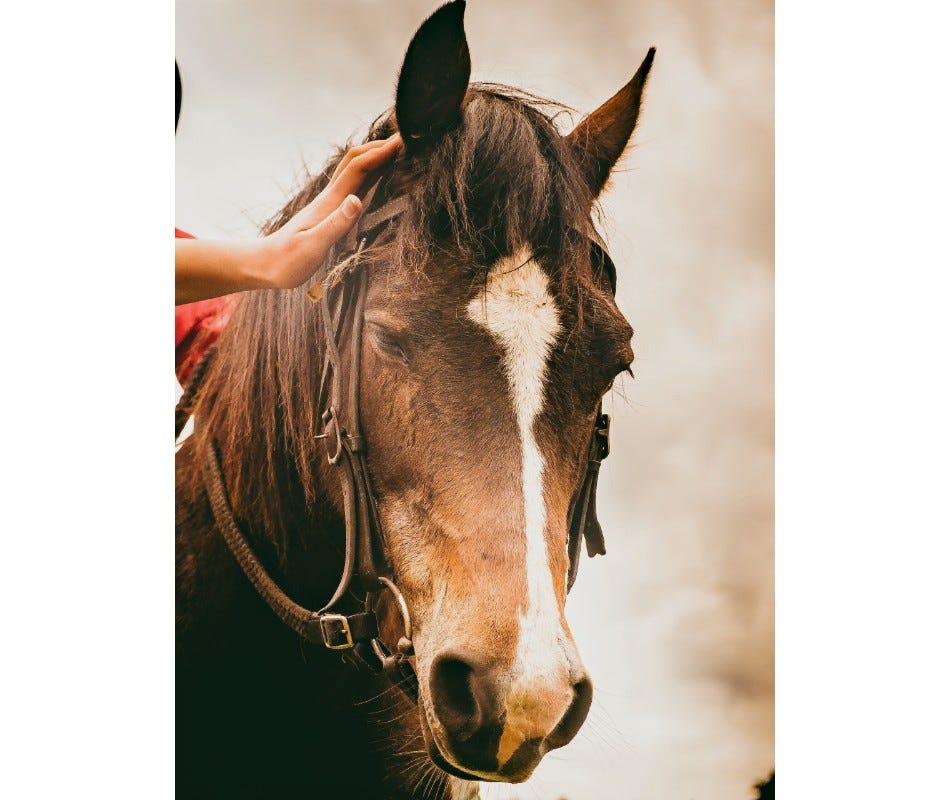We use cookies to make your experience better. To comply with the new e-Privacy directive, we need to ask for your consent to set the cookies. Learn more
Horse Worming: Best Worming Schedule for Your Horse
How often should you give dewormers to your horse?
If you give the drug only twice each year, you could be leaving them susceptible to dangerous equine parasites which can infect and multiply in even the most properly-cared-for horses.
Equine parasites are likely to be present in each season and they may be able to produce around 5,000-100,000 eggs each day per year. Infections may not show up immediately, it can still take around 6 months for manifestation of symptoms, at which point damage may be irreversible. A regular horse worming program guided by your veterinarian is important to the horse’s health, along with access to clean water and top quality horse feed.
Which Schedule Should You Pick?
In developing a worming program, you need to choose which strategy to go for, whether interval worming or daily worming.
Daily Deworming
Daily worming involves the administration of a daily dose of equine dewormer. The dose should be calculated according to the weight of the horse; it is important to have at least a good estimate of your horse’s weight to have an effective program. A weight tape is necessary in this case. Apart from the agent of choice, there is a need to incorporate a boticide (a wormer that specifically targets botfly larvae) such as ivermectin for horses (AbIver™) at least once or twice a year. If you choose daily deworming as your strategy, make sure you involve your veterinarian in the decision-making process to come up with the best strategy that suit your horse’s needs.
Interval Worming
Interval equine worming is also referred to as purge worming and is a strategy designed to clear a variety of parasites your horse may have, in just one dose. It is important to have timing and is recommended to have your horse dewormed every eight weeks. Treating your horse in advance may be ineffective as the worms may not be mature enough to respond to the treatment. On the other hand, treating your horse too late may give the parasites a chance to lay eggs, and have your environment infested. Depending on the age of your horse and its level of parasite exposure, there may be variations to this type of strategy so it is important to consult your veterinarian.
Control Parasites Before It’s Too Late
- Dispose of horse manure from the pasture at least two times a week.
- Allow other livestock, such as cattle or sheep, to share the pasture with horses. This likely interrupts the lifecycle of parasites.
- Harrow pastures regularly during warm months to expose parasitic eggs to extreme hot temperatures.
- Group your horses according to age to minimize parasite exposure and focus on a horse worming program intended for the specific age group.
- Minimize feeding on the ground; instead, use off the ground hay feeders
- Perform fecal egg counts to check if your worming agent is working.
- Never forget to consult your veterinarian when it comes to deworming your horse.









Validate your login